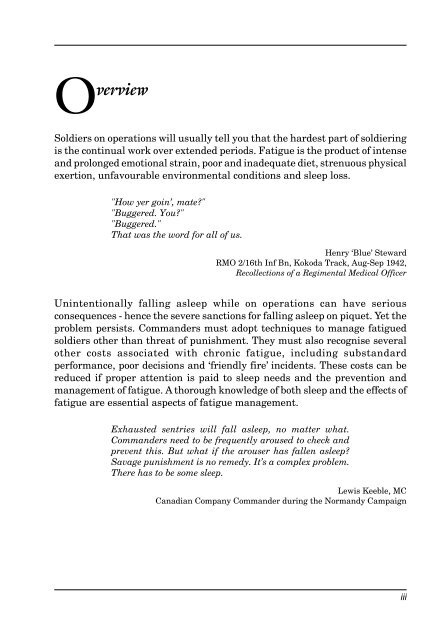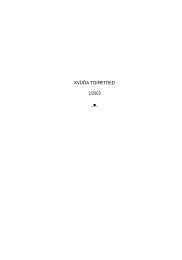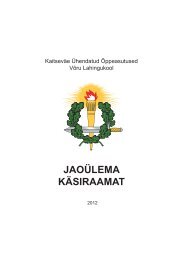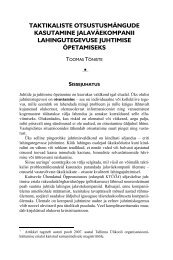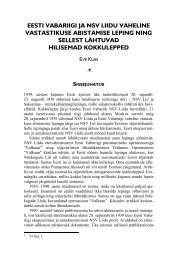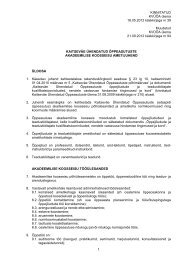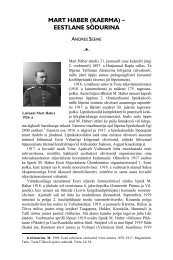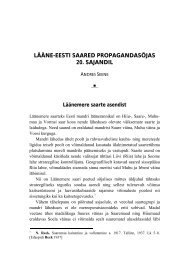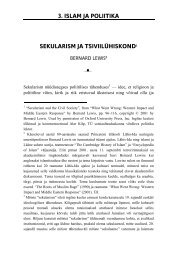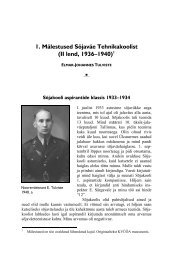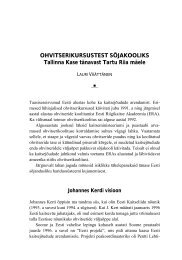Fatigue Management
Fatigue Management
Fatigue Management
You also want an ePaper? Increase the reach of your titles
YUMPU automatically turns print PDFs into web optimized ePapers that Google loves.
O verview<br />
Soldiers on operations will usually tell you that the hardest part of soldiering<br />
is the continual work over extended periods. <strong>Fatigue</strong> is the product of intense<br />
and prolonged emotional strain, poor and inadequate diet, strenuous physical<br />
exertion, unfavourable environmental conditions and sleep loss.<br />
"How yer goin', mate?"<br />
"Buggered. You?"<br />
"Buggered."<br />
That was the word for all of us.<br />
Henry ‘Blue’ Steward<br />
RMO 2/16th Inf Bn, Kokoda Track, Aug-Sep 1942,<br />
Recollections of a Regimental Medical Officer<br />
Unintentionally falling asleep while on operations can have serious<br />
consequences - hence the severe sanctions for falling asleep on piquet. Yet the<br />
problem persists. Commanders must adopt techniques to manage fatigued<br />
soldiers other than threat of punishment. They must also recognise several<br />
other costs associated with chronic fatigue, including substandard<br />
performance, poor decisions and ‘friendly fire' incidents. These costs can be<br />
reduced if proper attention is paid to sleep needs and the prevention and<br />
management of fatigue. A thorough knowledge of both sleep and the effects of<br />
fatigue are essential aspects of fatigue management.<br />
Exhausted sentries will fall asleep, no matter what.<br />
Commanders need to be frequently aroused to check and<br />
prevent this. But what if the arouser has fallen asleep?<br />
Savage punishment is no remedy. It's a complex problem.<br />
There has to be some sleep.<br />
Lewis Keeble, MC<br />
Canadian Company Commander during the Normandy Campaign<br />
iii


